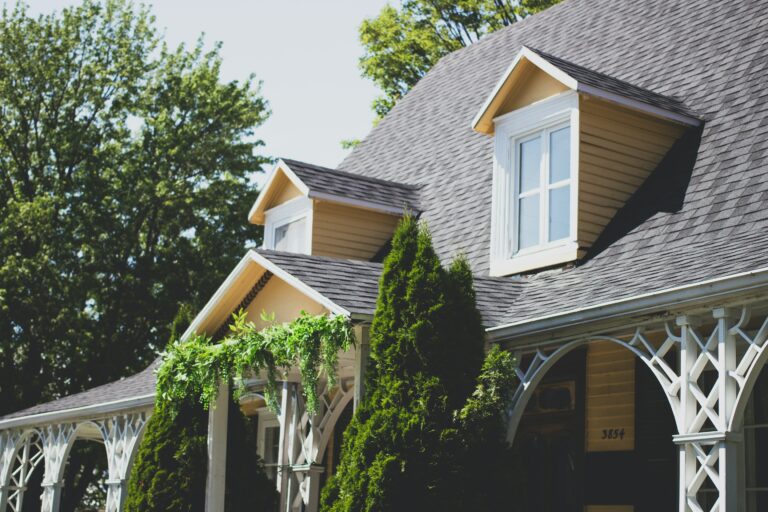3 Considerations to Purchasing a Duplex or Triplex Over a Single-Family Home
Before thinking about managing an investment property, decide on what type of property you're wanting to manage. Let's go over the differences between multi-family homes and single family homes.

If you are thinking about starting your journey into property investment, one of the questions you would need to ask yourself is what type of property to invest in?
If you are wanting to go the residential investment route, then your main two options will be a single-family home, or a multi-family home (namely a duplex or a triplex).
What type of property that will be best for you is dependent on many factors, and at the end of the day, whatever you get the best price for will likely be the best. However, let’s have a look at 3 of the main considerations to think about when purchasing a multi-family home (duplex or triplex) over a standard single-family home.
1. More Potential for Rental Income in Multi-Family Properties.
One of the major benefits of owning a duplex or triplex investment property is that the more families that are able to house, the more potential for rental income you have. There is not much worse for an investment property than to have it sit empty. An empty investment property is bringing in zero income yet is still costing you with the mortgage costs.
If you have a duplex and each unit rents for $1000 a month, that is $2000 a month total when both are rented out. If one tenant were to leave, it will not hit you that hard because you will still have the second tenant. So, you will still be bringing in $1000 a month. If you were to have a single-family home renting for $2000 a month and that single tenant was to leave, suddenly you have zero income. By having two or three units in a single building, you are able to minimize your risk and the impact of not having one (or more) tenants at any one time.
2. Multi Family Homes Can Require More Maintenance.
One major downside to duplexes and triplexes is that there are duplicates of the main mechanical aspects of the home. And these are what will be the most expensive parts of the property to maintain and repair. For example, in a duplex you will have two kitchens, two stoves, two electrical panels, and twice the number of bathrooms. So expenses and potential problems are duplicated, and the chance of something going wrong with two fridges and two plumbing systems is more than if there was just the one.
Multi family homes will also have separate leases and separate tenants, so it is not like you will be able to get all units maintained or repaired at one time. So, you need to expect multiple call out fees if all of the toilets or electricals were to have issues. Dealing with different tenants at the same time will bring about its own set of challenges, as you will need to make sure that each tenant is looked after and each tenant will have different expectations about maintenance and repairs.
3. Multi Family Homes Often are Lower in Value.
There is no getting around the fact that properties sell in terms of their valuation. And different types of homes will bring in different types of buyers. Single-family homes are significantly easier to sell to owner-occupiers, whereas duplexes and other multi-unit properties will often be priced lower to attract investors. Having a neighbor positioned just a wall away is never going to raise the value of a property.
Chances are that you are not going to get as much for a duplex or triplex than you would two single family homes. And two single bedroom duplexes combined could sell for less than one two-bedroom property that is single family. Historically it is also easier to sell a single-family home because there are more people looking for them, and these buyers that are interested in this type of property are often willing to pay more for certain features such as outdoor space and an extra bathroom.
Conclusion
There are definitely pros and cons to each type of residential investment property, and each type has the potential for success and can be a good tool to build wealth and be a good addition to a real estate portfolio. Which type is best for you will depend on where you are looking to invest, what type of tenants you are looking for. Another big consideration when it comes to choosing between different investment property types is how much time and work you are wanting to invest in maintenance. No matter what property type you choose, as long as it is effectively managed then there is a good chance that it will be a positive and successful investment for you.
https://www.youtube.com/watch?v=69R_1oq6kcY








